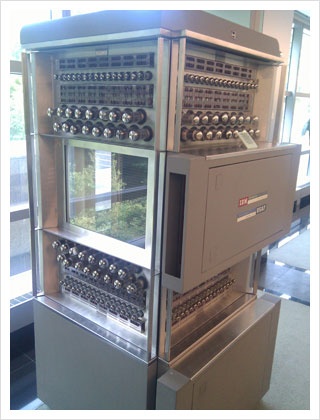Chapter 1. What is DevOps?
Adrian Cockcroft’s article about NoOps at Netflix ignited a controversy that has been smouldering for some months. John Allspaw’s detailed response to Adrian’s article makes a key point: What Adrian described as “NoOps” isn’t really. Operations doesn’t go away. Responsibilities can, and do, shift over time, and as they shift, so do job descriptions. But no matter how you slice it, the same jobs need to be done, and one of those jobs is operations. What Adrian is calling NoOps at Netflix isn’t all that different from Operations at Etsy. But that just begs the question: What do we mean by “operations” in the 21st century? If NoOps is a movement for replacing operations with something that looks suspiciously like operations, there’s clearly confusion. Now that some of the passion has died down, it’s time to get to a better understanding of what we mean by operations and how it’s changed over the years.

At a recent lunch, John noted that back in the dawn of the computer age, there was no distinction between dev and ops. If you developed, you operated. You mounted the tapes, you flipped the switches on the front panel, you rebooted when things crashed, and possibly even replaced the burned out vacuum tubes. And you got to wear a geeky white lab coat. Dev and ops started to separate in the ’60s, when programmer/analysts dumped boxes of punch cards into readers, ...
Get What is DevOps? now with the O’Reilly learning platform.
O’Reilly members experience books, live events, courses curated by job role, and more from O’Reilly and nearly 200 top publishers.

